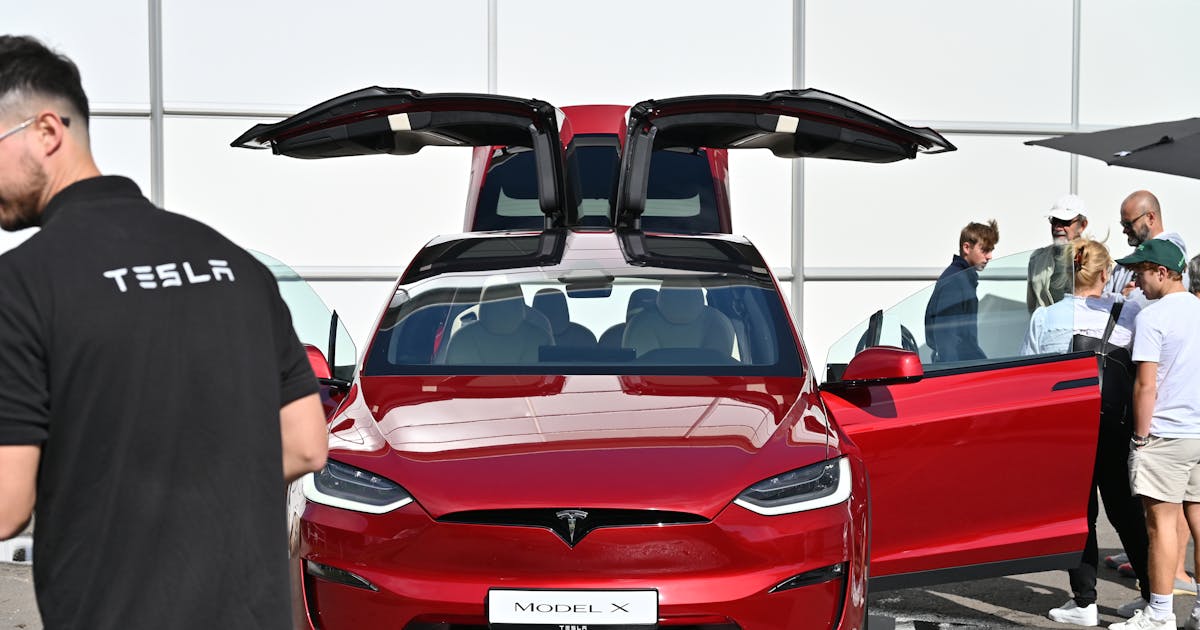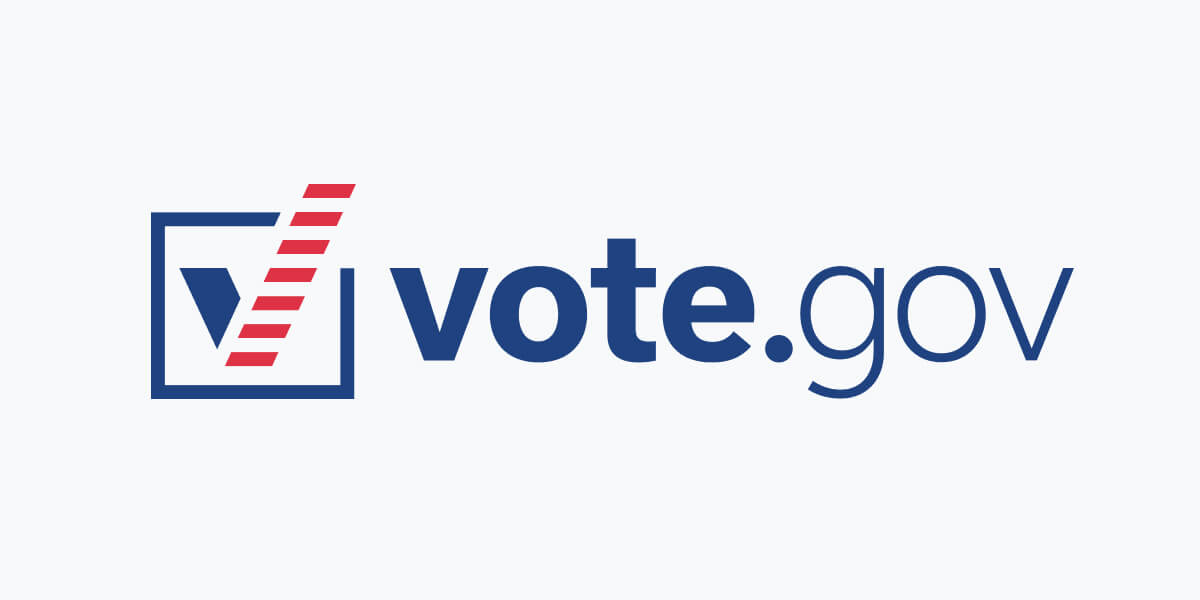Reasons for Hope, late 2024
News and commentary for understanding and coping with the years ahead... One item today: dozens of reasons to be hopeful

A compendium of the best reporting and commentary surrounding the pivotal 2024 elections in the United States. You won't find horse race coverage here, or the standard "both sides" BS that passes so often for political journalism. What you will find are links, with brief commentary, to work that I believe advances the conversation we should be having about America's – and the world's – future. Remember: Everything is at stake this year. (Unfortunately, some of the work I point to is behind paywalls.)

If Harris feels like she has to play a pro-business moderate to get elected, what I will say is that she’d better get elected. Congressional candidates in close contests have dug into the old-time populism, for what it’s worth. But if you set aside rhetoric, you’ve got a continuation of the worker-centered industrial policies that Biden succeeded in bringing forward. I doubt the feasibility of a large governing agenda, given the precarious Democratic hold on the U.S. Senate. There’s a better chance of continuity than change. This blueprint on domestic economics falls toward the former.
Yesterday I linked to Harris' Pittsburgh Economic Club speech, a major address on her economic views. It was meaty in its own way, but as Dayen points out in this analysis of both the speech and an accompanying fact sheet and policy book, the written words hold considerably more promise than the spoken ones. Both come in the context of this reality: A Harris administration would carry forward the progressive policies of the Biden years, and, with even an ounce of cooperation from what's likely to be a divided Congress, move them forward.
Kudos: David Dayen

For three years during the coronavirus pandemic, the federal government gave Texas and other states billions of dollars in exchange for their promise not to exacerbate the public health crisis by kicking people off Medicaid. When that agreement ended last year, Texas moved swiftly, kicking off more people faster than any other state. Officials acknowledged some errors after they stripped Medicaid coverage from more than 2 million people, most of them children.
"...more than 2 million people, most of them children." This article, a collaboration of the Texas Tribune and ProPublica, is only the latest evidence that red state politics so often is punitive – and downright contemptuous – toward people who are less fortunate. Texas is a "leader" (if that is the right word) in this category. In this case, the state's philosophy is to consider health care a fine idea, if you can afford it. If not, it's your problem.
Kudos: Eleanor Klibanoff, Lomi Kriel

But enforcing immigration laws is not a mission for which the military trains, and bringing in troops to detain undocumented migrants and using military assets to remove them raises a host of difficult questions. It suggests the chaos is part of the point, as is the way in which the scheme would be a testament to the willpower of handpicked Trump appointees over an experienced bureaucracy.
I don't think that most Americans have internalized what is likely to happen – on so many fronts – if Trump gets back into the White House. A huge case in point is the mass deportation planning that is one of his central policy promises. Most media organizations have downplayed the grim reality of what this would mean, if they've spent serious time on it in the first place. Talking Points Memo is one of the few to have made this a key element of its whither-democracy coverage, and Kovensky's piece is a warning: There's a good chance that a new Trump administration could pull off something unprecedented in modern American history. We're talking about the massive deployment of the military on our streets, carrying out massive raids and arrests – including in places where the populace would vehemently oppose what's going on – and then putting millions of people into internment camps before somehow dumping them in countries that can't handle such an influx. Chaos and violence in service of an emerging dictatorship; is anyone ready?
Kudos: Josh Kovensky

The Biden administration seems to be doubling down on an economic agenda in which the lines between industrial and national security policy are becoming increasingly thin. Pitched on the fear that so-called “connected cars” pose a grave threat, the proposal to ban them also comes as automakers in the U.S. attempt to catch up to Chinese competitors—and as Democrats attempt to secure critical swing state votes in Michigan. As new cars in general become increasingly high-tech, though, there are few protections in place to safeguard consumers’ privacy, wherever their cars are made.
This move by the Biden administration is 5% based on realistic fears and 95% political hypocrisy. Sure, there is reason to be suspicious of pretty much anything the Chinese sell in the high-tech arena. But they don't need to install surveillance systems in their products to learn whatever they want to know about Americans. All they have to do is buy the data from any of the dozens or hundreds of brokers – scummy companies that promiscuously collect, aggregate, categorize, buy, and sell our most personal information. And these businesses operate with little or no regulation. Besides, every new car, whether it's from Asia, the U.S., or Europe, is brimming with sensors that spy on you and make the information available to brokers, insurers, and whoever has a few nickels to spare. Meanwhile, "smart" (read: surveillance) TVs and other devices are doing the same. How is this possible? Congress isn't just indifferent to your privacy. It is actively complicit with big corporations – and law enforcement – in embedding surveillance into everything we do. Freaking out about Chinese technology isn't crazy, but until we do something about our own, it's all just charades.
Kudos: Kate Aronoff

Voting is just part of democracy, but it's the essential place to start. Make sure you're registered. Doublecheck in the fall, well before Election Day, because in some states Republican officials are removing people, mostly those who tend to vote for Democrats, from voting rolls.
I spend a lot of time looking for essential coverage, and hope you'll help me by letting me know about the good stuff you find. Let me know.
Was this forwarded to you? If you would like to have your own free subscription, please click here.